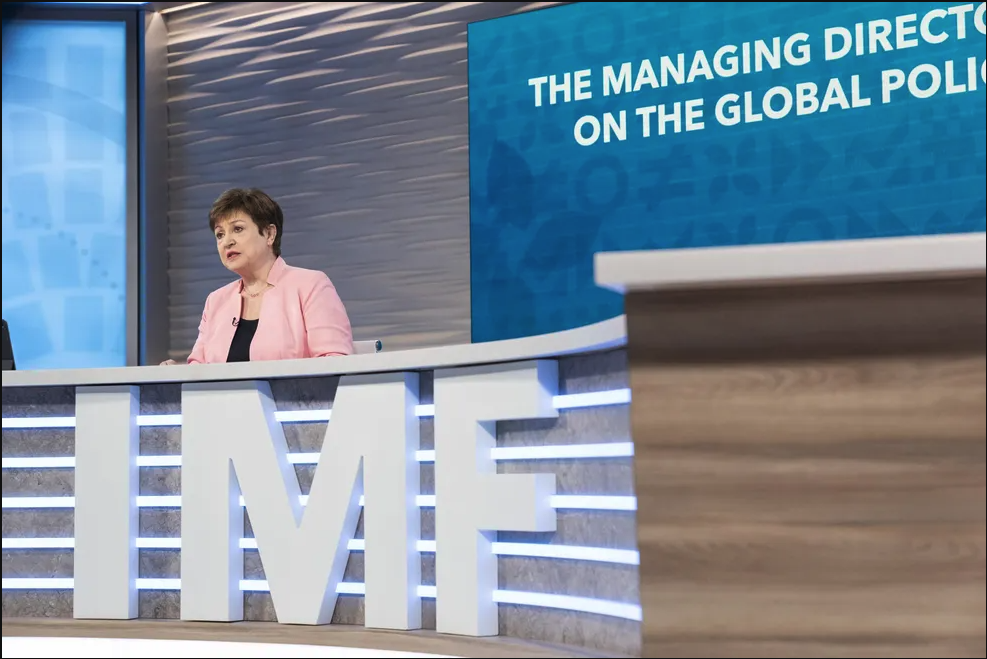
Published 12/10/2023 11:52 | Edited 10/13/2023 10:46
The Minister of Finance, Fernando Haddad, embarked on Tuesday night (10) heading to Marrakesh, Morocco, to participate in the annual meeting of the International Monetary Fund (IMF) and the World Bank. The event, which began last Monday (9) and runs until Saturday (14), will have as its main focus the reform of multilateral financial institutions. The event brings together finance ministers and central bank heads from 189 countries.
Haddad defended an increase in the decision-making participation of Brazil and other countries underrepresented at the IMF, such as China. The Brazilian seeks to advance Brazil’s willingness to occupy a prominent position in relation to international issues, now that it presides over the G20, the group of the 20 largest economies in the world.
The reformulation of institutions such as the IMF and World Bank is the highlight, given that Brazil will host the next meeting in 2024 due to the country’s presidency of the G20, the group of the 20 largest economies in the world. Minister Haddad takes this opportunity to introduce topics of global importance, such as social inclusion, combating hunger, energy transition and sustainable development. These issues will be discussed amid global geopolitical tensions, including the conflict between Russia and Ukraine and the confrontation in Israel and Palestine.
During the meeting, several countries expressed support for the United States’ call to increase IMF quota lending resources without the need to change countries’ participation. This proposal, called an equi-proportional increase, means that countries would contribute money in proportion to their current participation in the IMF. Biden is seeking congressional support to unlock funding, a measure that Treasury Secretary Janet Yellen says could reach $27 billion.
The United Kingdom, Ghana, Switzerland, Finland and Belgium have expressed support for this model of increased resources. Brazil, represented by Haddad, also expressed support for a quota increase if it were accompanied by an “ad-hoc” agreement that promoted more equitable participation for countries “clearly underrepresented” at the IMF.
IMF quotas have something to do with a country’s participation in the global economy. They are important because they help determine voting power within the institution and access to emergency funding. Currently, Brazil has 2.32% of quotas, while China and India have 6.4% and 2.75%, respectively. The United States, Germany and the United Kingdom have 17.43%, 5.59% and 4.23% respectively. China’s participation is seen by many analysts as particularly disproportionate, given the size of the country’s economy, the second largest in the world.
The discussion on increasing IMF resources is one of the important topics at the annual meeting, which involves reforms in international financial institutions. Ajay Banga, the World Bank president who took office in June, emphasized the need for the institution to become “better” and “bigger” to face global challenges.
He highlighted the need for a “profound cultural change” in the institution, seeking more efficiency in its internal processes. Banga also emphasized the need for greater financial power for the World Bank, claiming that the current measures underway will not be sufficient to face the world’s challenges in the coming decades.
Source: vermelho.org.br

